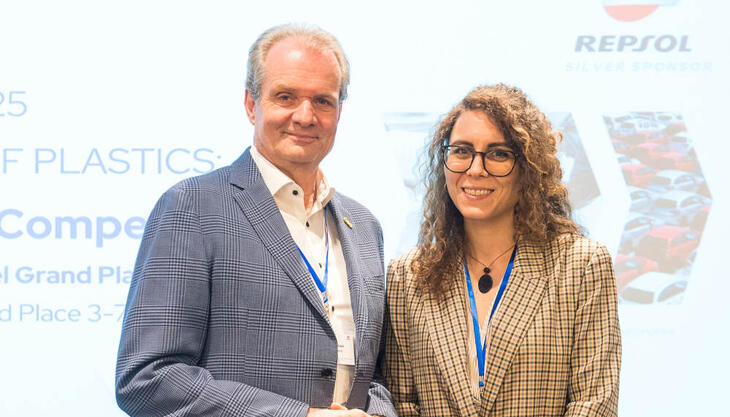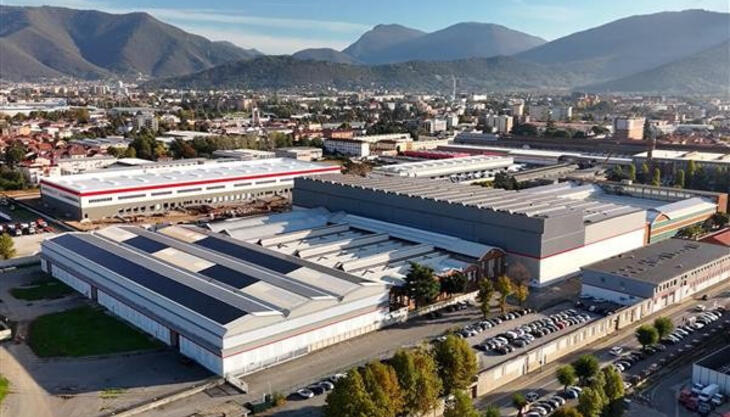Solar airplane
Bayer MaterialScience has become an official partner of the Solar Impulse project, the first manned aircraft developed by Bertrand Piccard and André Borschberg, aiming to fly around the world day and night without fuel, propelled by solar energy only. The prototype airplane has the wingspan of a large airliner (63.40 meters) and the weight of a midsize car (1,600 kilograms). About 12,000 solar cells cover its surface to run 4 electrical engines and store the solar energy for the night in 400 kilograms of lithium batteries. Bayer MaterialScience will support the initiative with high-tech polymer materials and energy-saving lightweight products.
Baytubes carbon nanotubes could increase battery performance and improve the strength of structural components while keeping their weight to a minimum. Other potential applications include innovative adhesives, polyurethane rigid foams for paneling in the cockpit and engine, and extremely thin yet break-resistant polycarbonate films and sheet for the cockpit glazing. In December 2009, the prototype accomplished its inaugural take-off. A second airplane will be designed and built with the objective of flying around the world in 25 days at an average speed of 70 km/h.
















